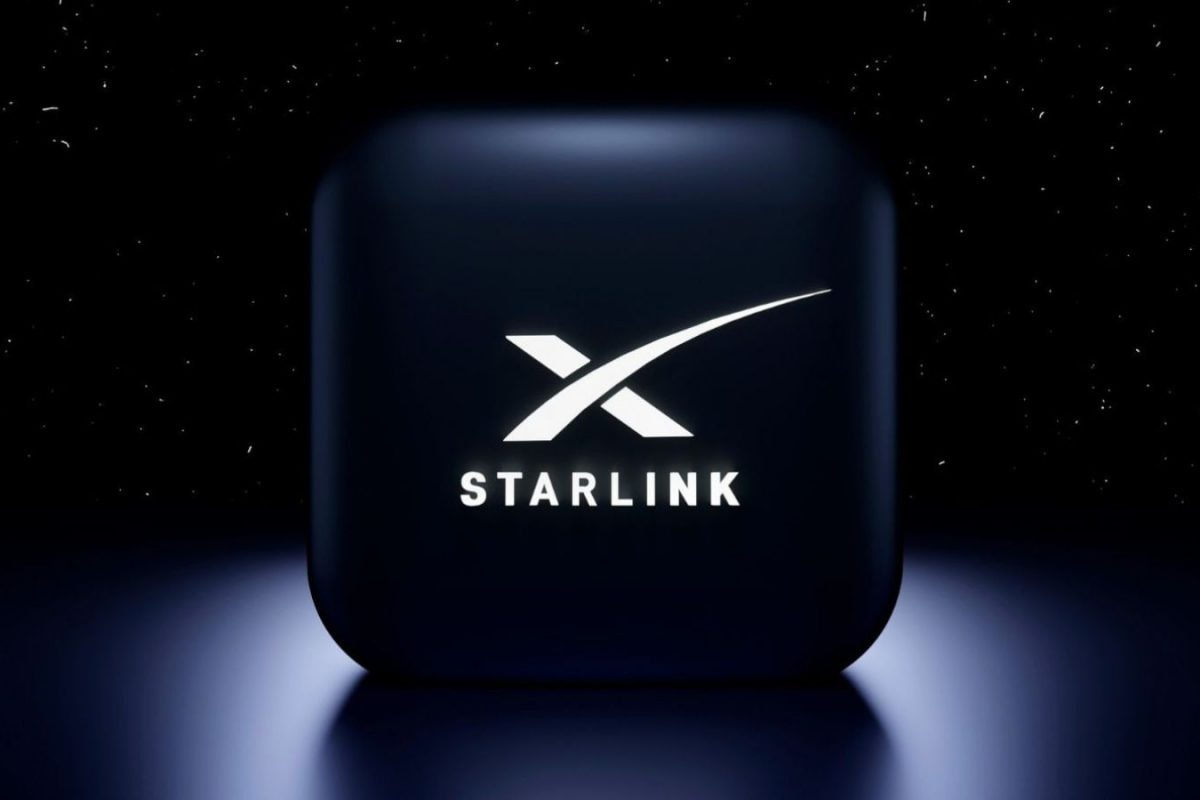

Starlink, the satellite internet service spearheaded by Elon Musk's SpaceX, has officially launched in Bangladesh, marking a significant step in the nation's efforts to ensure reliable and uninterrupted internet access. This launch precedes Starlink's anticipated debut in India, a market with considerable strategic importance for the company.
The commencement of Starlink's operations in Bangladesh was confirmed on Tuesday, May 20, 2025. Muhammad Yunus, who has been leading the interim government, emphasized the service's resilience against potential political disruptions. He noted that the agreement with Starlink provides a service impervious to future political upheaval. Starlink also posted about the launch on X, stating that high-speed, low-latency internet is now available in Bangladesh.
Bangladeshi customers can now place orders for Starlink directly through the company's website. The ordering process includes checking service availability by entering a service address, selecting a suitable plan, and purchasing the necessary hardware kit. The standard kit includes a satellite dish, Wi-Fi router, mounting tripod, and cables, designed for easy self-installation, ensuring the dish has a clear view of the sky. Starlink is offering two residential packages in Bangladesh: Starlink Residential at BDT 6,000 per month and Residential Lite at BDT 4,200 per month. Both packages offer unlimited data with speeds up to 300 Mbps. There is also a one-time equipment cost of BDT 47,000 for the hardware kit.
The launch has been met with optimism, with stakeholders highlighting the potential benefits for NGOs, freelancers, and entrepreneurs who will now have access to uninterrupted, high-speed internet. This is particularly beneficial for areas lacking reliable broadband infrastructure, providing a premium, high-speed internet alternative.
While Starlink has made strides in Bangladesh, its entry into India has been marked by regulatory complexities. The Telecom Regulatory Authority of India (TRAI) has proposed a five-year satellite spectrum allocation for commercial communication services, a crucial step for Starlink's launch in the region. TRAI's proposal includes the option to extend the initial allocation by two years, depending on market dynamics. The regulator also outlined a pricing structure, charging operators 4% of their adjusted gross revenue for geostationary orbit-based fixed and mobile satellite services.
Starlink has also forged strategic partnerships to bolster its market entry in India. In March, Elon Musk and Indian billionaire Mukesh Ambani finalized a deal allowing Starlink devices to be sold in Reliance stores, leveraging Ambani's vast distribution network. Bharti Airtel has also entered into an agreement with SpaceX to offer Starlink's broadband services to customers in India, contingent upon regulatory approvals.
Despite these advancements, Starlink faces stringent regulatory conditions in India. These include ensuring that user terminals are registered domestically, setting up local gateways, and adhering to data sovereignty requirements. The Indian government is also keen on implementing strict monitoring of user activity, particularly in border regions, a condition that Starlink initially resisted. The Department of Telecommunications (DoT) requires 20 per cent of the satellite network's ground segment to be indigenized within the first few years of operation in India. These measures reflect India's focus on national security and data protection.
Despite regulatory hurdles, Starlink's imminent launch in India promises to revolutionize internet access, particularly in rural and underserved areas, with potential download speeds between 25 Mbps and 220 Mbps.